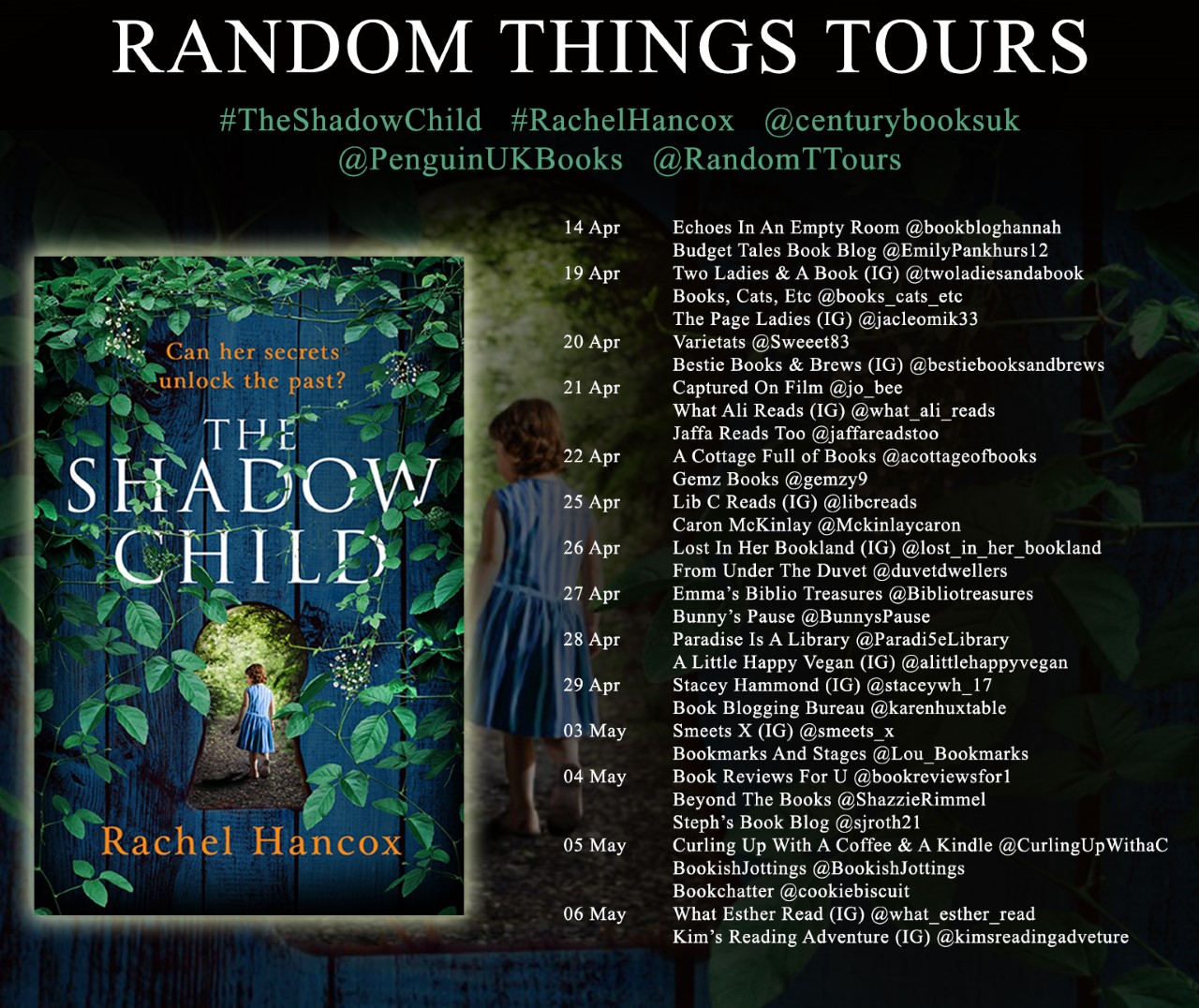Extract:
Emma is sitting at the kitchen table, paper and crayons scattered around her. She’s just turned four, and she’s done a lot of drawing recently: her pencil grip, they were told at her last health check, is well advanced for her age. And her imagination, Cath thinks. Her pictures tell stories, and if you catch her at the right moment she’ll share them with you, spilling them out in a tumble of sentences that Cath finds utterly irresistible.
‘Are you busy, Em?’ she asks, as she comes into the kitchen. ‘Busy drawing?’
‘Yes,’ she says.
Nothing more for a moment or two: Emma’s hand hovers over the selection of coloured pencils, pouncing eventually on the pink one. ‘I’m drawing me.’
Her favourite subject, Cath thinks, smiling. Emma’s self-portraits have evolved, recently, from round faces with four sticks coming out of them: they have acquired bodies, and clumped hands like bunches of grapes. This one has eyes, mouth, ears and hair.
‘Lovely,’ she says. ‘How pretty you look.’
Emma halts for a moment, looking down at herself.
‘I’ve got a blue stripey dress on,’ she announces.
She reaches for a blue pencil and draws three fat lines down the square body, then sits back, satisfied. It’s curious, Cath thinks, the relationship between representation and reality. The dress Emma’s wearing is pale blue, with stripes much narrower than those fat pencil streaks, but even so, she recognises the picture as an image of her, and of the dress. It’s fascinating, watching all this emerge.
‘Have you got a shadow, Mummy?’ Emma asks suddenly.
‘Yes, of course,’ Cath says. ‘Everyone has a shadow.’
‘Have you brought it inside? Cos Mary says you only have a shadow outside, not inside.’
‘Well.’ Cath considers. Contradicting Mary, doyenne of the nursery class, is risky. ‘Your shadow is strongest when the sun’s shining. But if there’s a bright light inside, you can have a shadow there too.’
Emma puts down her pencil and looks at her mother, a quaintly adult expression on her face. ‘So what is a shadow, azzackly?’ she asks. ‘How does the sun make it?’
‘You make it,’ Cath says. ‘You make it by blocking out the sun. Your shadow is the place which the sun can’t get to because you’re in the way.’
‘Why do you stop the sun shining on your shadow?’ Emma asks. ‘That’s not very nice of you.’
Cath smiles. ‘You can’t help it, darling. You do it just by being there. The light can’t get through you, you see.’
She pauses, looking at her daughter’s frowning face. ‘The shadow doesn’t mind. You can only see your shadow when you’re there to block the light, so it doesn’t mind.’ That’s rather a flight of fancy, she thinks, but a harmless one.
Emma considers this. ‘Your shadow always lies down,’ she says. ‘Does it lie down cos it’s got no sun?’
‘Well – actually it doesn’t always lie down,’ Cath says. ‘Only when the ground’s flat. If you stand near a wall, your shadow stands up.’
Emma dismisses this. ‘I stand up, and my shadow lies down,’ she says, ‘shadows nyooshally lie down,’ and she picks up a black crayon and starts drawing another version of herself, lying on its side beside the pink version in the blue dress.
Cath watches her fingers, her sweet chubby fingers, meticulously copying the outline of her dress, and then filling it in – a surprise – with blue stripes.
‘This is me, and this is my shadow,’ Emma announces when she’s finished. ‘My shadow’s called Rose, and she’s got a blue stripey dress on too.’
RACHEL HANCOX read Medicine and Social and Political Science at Cambridge, qualified as a doctor three months after getting married, and has juggled her family, her career and a passion for writing ever since.
She worked in Paediatrics and Public Health for twenty years, writing short stories alongside NHS policy reports, and drafting novels during successive bouts of maternity leave.
Rachel has five children, three dogs and a cat. She lives in Oxford with her husband and youngest children


.gif)

.gif)


.jpg)
No comments:
Post a Comment